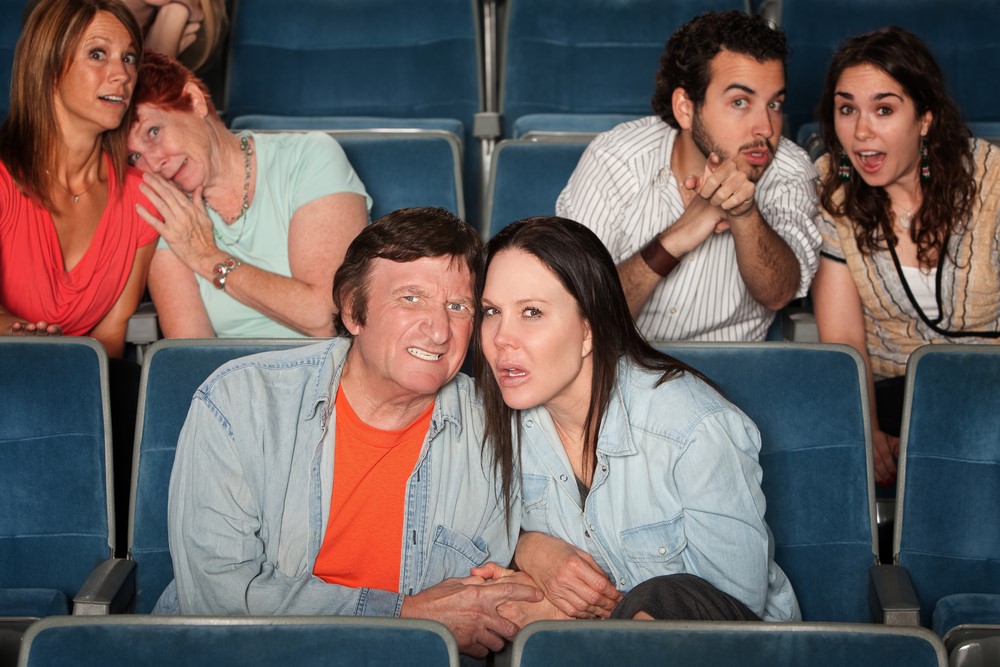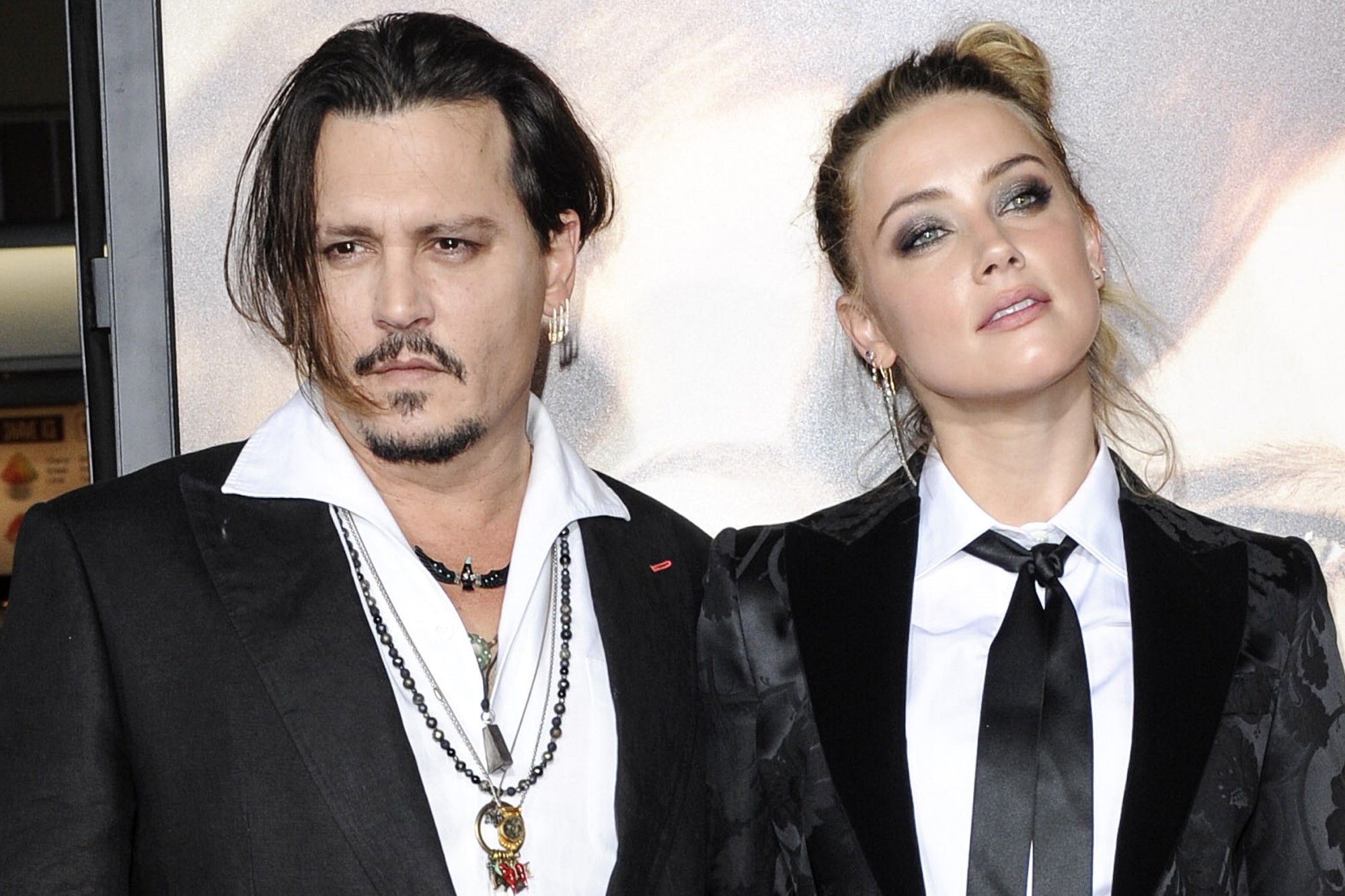The Ethics of Cringe

Much has already been said about the ethical morass of “cancel culture,” but very rarely is the internet phenomenon of “cringe culture” given serious intellectual attention. Cringe culture is, on the surface, very straightforward. People deliberately seek out content online that makes them cringe, that gives them a visceral reaction of discomfort and secondhand embarrassment. This content can be screenshotted and shared on the subreddit r/cringe – a gallery of humiliation that currently boasts over one million member – or slotted into a “cringe compilation” video on Youtube – videos which consistently pull in hundreds of thousands of views. While cringe content was a more visual component of online culture in the mid 2010’s, it certainly hasn’t disappeared. Google Trends shows that the frequency of searches for “cringe” has been surprisingly steady since it peaked in 2016.
Cancel culture attempts to uphold morality in online spaces; when someone says or does something racist, sexist, or otherwise problematic, they are publicly shamed and their reputation in the community is blemished. Cringing at someone, on the other hand, just feels like an evolved form of middle-school bullying. But the two practices aren’t completely worlds apart; both attract large audiences, and both involve a spectacle of public humiliation (justified or otherwise). Despite their similarities, cringe culture is cancel culture’s more vulgar twin, the trashy daytime reality show to cancel culture’s CNN.
It’s worth examining why voluntarily cringing at strangers online is so popular, and whether or not this activity can be morally justified. It’s also important to further specify what exactly is meant by “cringe,” because this genre of content is surprisingly specific; something can be deeply embarrassing without being categorized as cringey. As Melissa Dahl says in her book Cringeworthy: A Theory of Awkwardness, we cringe at ourselves whenever “we’re yanked out of our own perspective, and we can suddenly see ourselves from someone else’s point of view.” When we cringe at ourselves, the experience involves a sudden onset of self-awareness, the realization that our internal image of ourselves is different from how others perceive us.
But that isn’t exactly the kind of content you find on r/cringe. The three most popular posts of all time involve Trump blundering his way through speeches and interview questions (like his inability to name his favorite book, or an awkward attempt to plant a kiss on a clearly unwilling young woman). Another top post is a video of a group of white girls joyously singing along to a song containing the n-word. The camera pans to the only black man in the room, who looks deeply uncomfortable. (To be clear, the girls are framed as the cringey ones here, not the man.) None of these subjects, the group of girls or the former president, are visibly experiencing shame, or a sudden realization of how they are being perceived. Our nation’s perverse fascination with Trump stems, in part, from his famous inability to believe or to be embarrassed by what others think of him, apparent in the almost cartoonish bravado he displays in every speech and television appearance. While plenty of people post their own embarrassing teenage memories on r/cringe, the most popular content focuses on those who are unable to feel shame, though we feel that they should.
In his book Humiliation, Wayne Koestenbaum explains that “Humiliation involves a triangle: (1) the victim, (2) the abuser, and (3) the witness. The humiliated person may also behold her own degradation, or imagine someone else, in the future, watching it or hearing about it. The scene’s horror — its energy, its electricity — involves the presence of three.” But in these scenarios, we can’t imagine the cringeworthy subjects beholding their own flaws, because they seem oblivious to them. Their lack of self-awareness, coupled with the general immortality of their actions, almost allows us to laugh at their embarrassment without feeling cruel. They’re getting their comeuppance. Furthermore, there is no clear “abuser” or humiliator in these situations; the singing girls have humiliated themselves, not the person filming them. In the absence of a humiliator, the witnesses (or the viewer) asserts themselves more strongly in the situation, further expanding the distance between us and the humiliated subject. Most of us are repelled by humiliating moments, especially our own, but when the triangle is distorted, humiliation can exert a magnetic force.
But it’s also worth noting that what the internet considers cringey has changed wildly since it’s heyday in 2016. Back then, the targets of cringe compilation videos were clearly autistic or otherwise on-the-spectrum children, “angry feminists” (search “feminism cringe” to see many dishearteningly popular compilation videos), the poor, people of color who behaved in a “ghetto” way, and fat people. Those with social and political capital were completely absent. Anything that felt outside of white middle-class neurotypical values was considered embarrassing simply for existing.
There’s something self-indulgent, even soothing, about watching other people fail in spectacular ways. We may feel guilty about it, but we take comfort in knowing at least we aren’t the ones in the pillory. Public shaming reinforces which behaviors (racism, political chauvinism) are socially unacceptable, and reminds us (in more mundane cases) that no one is perfect, and that everyone does embarrassing things. But when it becomes a spectacle, as it often does online, cringe content can be a kind of moral junk food. It allows us to feel a burst of superiority, and demands no reflection in return. When we only focus on spectacularly tone-deaf examples of racism, we can easily lose sight of the more insidious forms of social inequality. Framing something as cringey allows us to distance ourselves from it, to disown it, which as the earliest phase of cringe content reveals, has the potential to do more harm than good.




